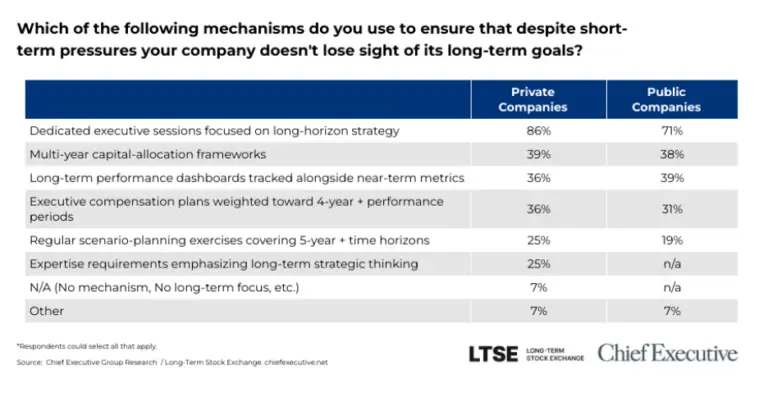Much has been written about environmental, social and governance (ESG) reporting, particularly with the SEC’s proposed climate disclosure rule covering climate-related risks, greenhouse gas (GHG) emissions reporting, and assurance and financial impact disclosure of climate-related events and investments. While regulators continue to work toward timelines for enacting the proposed disclosure rules, there is little debate that now is the time for companies to consider their ESG readiness.
Today, stakeholders understand the impact and dependence of companies on the environment and society, and their expectations and actions often reflect that.Employees are often choosing to join and remain at companies they believe have strong sustainability commitments. Consumers typically show loyalty to companies that reflect their views and demonstrate like-minded values around sustainability and society. And investors—individual and institutional—are generally factoring in a host of climate and reputational impacts when investing for the long term. In fact, a recent Deloitte survey found that vision and purpose are important aspects for talent retention and hiring, and that 54% of managed investment assets will be ESG-mandated by 2024.
The point is that sustainability—when integrated with business strategy—can be much more than basic compliance. Sustainability is all about business and has the potential to unlock stakeholder value.
Many companies understand the implications and opportunity and aren’t waiting around for regulators to establish timelines. Among executives surveyed in Deloitte’s most recent Sustainability action report, 89% said they’re proactively making strides now to hold themselves accountable and drive trust with their stakeholders.
What may be even more telling is how swiftly companies appear to be moving on ESG readiness. Top-line findings from Deloitte’s Sustainability action report mirror what I’m seeing in the market.
Companies are preparing for disclosure.
Many companies are shifting to prioritize ESG oversight, controls and disclosure. Nearly 3 in 5 executives surveyed (57%) have already implemented a cross- functional ESG working group tasked with driving strategic attention to ESG. As reported in the ESG executive survey, this is a notable increase from the 2021 survey when only 21% of a similar profile of respondents reported implementing a cross-functional ESG working group.
Progress is being made; challenges identified.
A majority of executives surveyed are prepared to disclose Scope 1 (61%) and Scope 2 (76%) GHG emissions. However, Scope 3 GHG emissions disclosures still seem to be a work in progress. The top challenges to
Scope 3 GHG emissions details today include lack of confidence in the quality of data from external vendors (51%) and lack of data availability (41%), indicating a need for companies to further explore their approaches to data (37%).
Technology investment is on the rise.
Nearly all companies surveyed (99%) expressed willingness to invest in new technologies and tools in order to be prepared to meet stakeholder expectations and future regulatory requirements. Nearly half of executives said their companies are very likely (47%) or somewhat likely (52%) to make these investments in the next 12 months.
Benefits are coming into focus.
Integrating ESG within a company’s strategy can have benefits to sustainable business performance and value. Indeed, executives said they anticipate stronger stakeholder trust (51%) and elevated brand reputation (49%) as intangible benefits of enhanced ESG disclosure. Tangible benefits anticipated include increased employee retention (52%), improved return on investment (52%) and risk reduction (48%).
Accountability today for a sustainable tomorrow.
Yes, companies are at various stages in their sustainability journeys. Still, it’s apparent that inaction and status quo aren’t on most executive dockets. Partly that’s a response to outside forces. Companies know that new levels of disclosure will likely soon be required by the SEC and understand how their accountability, or lack thereof, might impact market and consumer perceptions.
But it’s more than that. Executives are likely acting on ESG commitments because they see that ESG is aligned to sound business fundamentals. Addressing ESG proactively can create the opportunity to advance business and operational strategies, drive transformative change and unlock new strategic possibilities.
Companies see that being accountable today can help create a sustainable tomorrow for their people, their customers and society at large.







